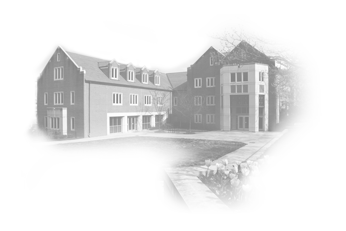| Abstract | Finite element methods are widely used to solve partial differential equations (PDE) in science and engineering, but their standard implementation (Arndt et al., 2020; Kirk et al., 2006; Logg et al., 2012) relies on assembling sparse matrices. Sparse matrix multiplication and triangular operations perform a scalar multiply and add for each nonzero entry, just 2 floating point operations (flops) per scalar that must be loaded from memory (Williams et al., 2009). Modern hardware is capable of nearly 100 flops per scalar streamed from memory (Rupp, 2020) so sparse matrix operations cannot achieve more than about 2% utilization of arithmetic units.
Matrix assembly becomes even more problematic when the polynomial degree p of the basis functions is increased, resulting in O(pd) storage and O(p2d) compute per degree of freedom (DoF) in d dimensions. Methods pioneered by the spectral element community (Deville et al., 2002; Orszag, 1980) exploit problem structure to reduce costs to O(1) storage and O(p)
compute per DoF, with very high utilization of modern CPUs and GPUs. Unfortunately, highquality implementations have been relegated to applications and intrusive frameworks that are often difficult to extend to new problems or incorporate into legacy applications, especially when strong preconditioners are required.
libCEED, the Code for Efficient Extensible Discretization (Abdelfattah et al., 2021), is a lightweight library that provides a purely algebraic interface for linear and nonlinear operators and preconditioners with element-based discretizations. libCEED provides portable performance via run-time selection of implementations optimized for CPUs and GPUs, including
support for just-in-time (JIT) compilation. It is designed for convenient use in new and legacy software, and offers interfaces in C99 (International Standards Organisation, 1999), Fortran77 (ANSI, 1978), Python (Python, 2021), Julia (Bezanson et al., 2017), and Rust (Rust, 2021). Users and library developers can integrate libCEED at a low level into existing applications in
place of existing matrix-vector products without significant refactoring of their own discretization infrastructure. Alternatively, users can utilize integrated libCEED support in MFEM (Anderson et al., 2020; MFEM, 2021).
In addition to supporting applications and discretization libraries, libCEED provides a platform for performance engineering and co-design, as well as an algebraic interface for solvers research like adaptive p-multigrid, much like how sparse matrix libraries enable development and deployment of algebraic multigrid solvers
|



